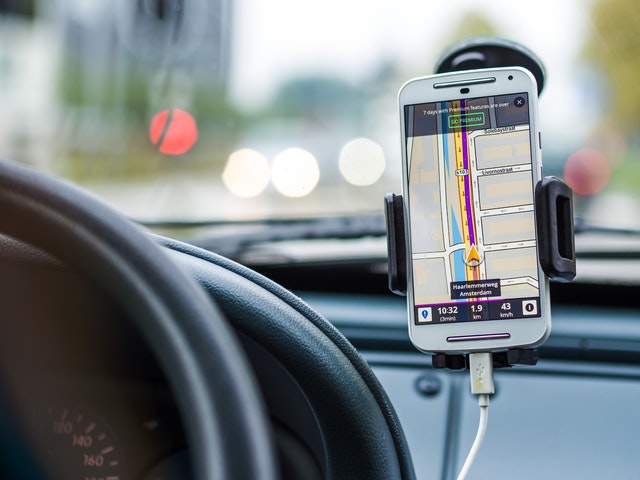What are Location-Based Services?
Location-based services (LBS) are information and entertainment services that are tailored to the user’s current location. These services make use of the user’s geographic location to provide them with relevant information and content.
LBS can be used for a variety of purposes, such as finding nearby businesses and attractions, getting directions, checking in at locations, and receiving real-time updates about traffic and weather conditions.
There are a number of different technologies that can be used to provide LBS, including GPS, cell tower triangulation, and WiFi.
What are the Benefits and Risks of Using Location-Based Services?
LBS can offer a number of benefits to users, such as providing them with relevant and timely information, helping them to connect with friends and family, and giving them the ability to share their location with others.
However, there are also some risks associated with using LBS, such as the potential for privacy breaches, the possibility of being tracked by others, and the potential for fraud and scams.
How Do Location-Based Services Work?
LBS make use of the user’s geographic location to provide them with relevant information and content. There are a number of different technologies that can be used to provide LBS, including GPS, cell tower triangulation, and WiFi.
What are Some of the Most Popular Location-Based Services?
Some of the most popular location-based services include Google Maps, Facebook Places, Foursquare, Yelp, and Gowalla.
Accuracy of Location-Based Services
The accuracy of location-based services can vary depending on the technology that is being used. GPS is generally considered to be the most accurate technology for determining a user’s location, followed by cell tower triangulation and WiFi.
Can Location-Based Services be Used to Track Someone’s Movements?
Yes, location-based services can be used to track someone’s movements. This is because these services make use of the user’s geographic location to provide them with relevant information and content.
How Do Location-Based Services Impact Privacy?
LBS can have a significant impact on privacy. This is because these services make use of the user’s geographic location to provide them with relevant information and content. There are a number of different technologies that can be used to provide LBS, including GPS, cell tower triangulation, and WiFi.
Some of the concerns people have about location-based services and privacy include the potential for privacy breaches, the possibility of being tracked by others, and the potential for fraud and scams.
What Steps Can People Take to Protect Their Privacy When Using Location-Based Services?
There are a number of steps that people can take to protect their privacy when using location-based services, including disabling location services when not in use, only sharing their location with trusted contacts, and being aware of the privacy settings for each location-based service they use.
Are There Any Laws That Regulate Location-Based Services and Privacy?
Yes, there are a number of laws that regulate location-based services and privacy, including the General Data Protection Regulation (GDPR) in the European Union and the California Consumer Privacy Act (CCPA) in the United States.

Be First to Comment